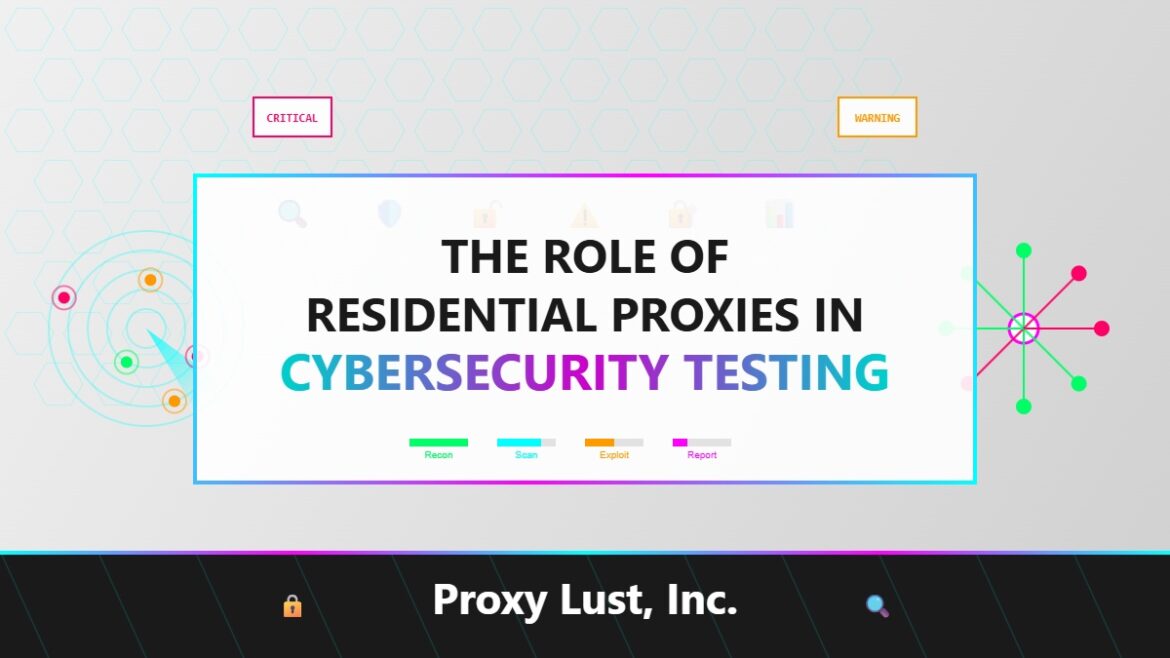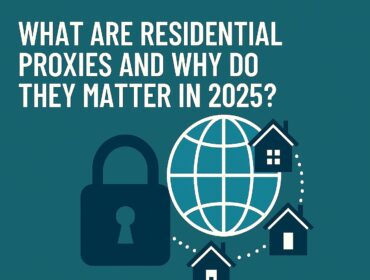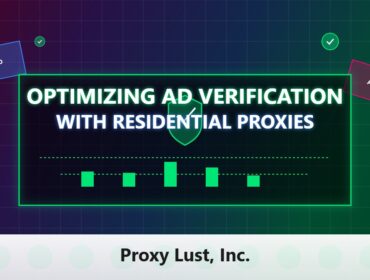Cybersecurity testing demands authentic simulation of real-world attack scenarios. Residential proxies have become indispensable tools for security professionals conducting penetration testing, vulnerability assessments, and security audits. By providing genuine residential IP addresses, these proxies enable realistic testing that reveals vulnerabilities invisible to traditional datacenter-based approaches.
Authentic Attack Simulation
Modern security systems easily identify and block datacenter IP ranges, creating dangerous blind spots in security assessments. Attackers don’t limit themselves to datacenter IPs—they leverage compromised residential devices, VPNs, and distributed networks. Testing exclusively from datacenter IPs provides false confidence while leaving residential-origin vulnerabilities unexposed.
Residential proxies enable security teams to simulate attacks from diverse geographic locations and ISP networks. This authenticity reveals location-based security gaps, geo-blocking effectiveness, and behavioral analysis accuracy. Testing from residential IPs mirrors actual threat actor techniques, providing realistic vulnerability assessments.
Penetration Testing Applications
Web application penetration testing benefits significantly from residential proxy deployment. Many applications implement different security measures for datacenter versus residential traffic. Rate limiting, CAPTCHA challenges, and behavioral analysis often relax for residential IPs, assuming legitimate user activity.
Security teams leverage residential proxies to test authentication systems, session management, and access controls from realistic sources. Distributed testing across multiple residential IPs reveals race conditions, improper state management, and authentication bypass vulnerabilities that single-source testing misses.
API security testing requires residential proxies to accurately assess rate limiting implementations and geographic restrictions. Many APIs trust residential sources more than datacenter IPs, potentially exposing security vulnerabilities to attackers using similar infrastructure.
Compliance and Reconnaissance
Security assessments must verify compliance with geographic restrictions and data residency requirements. Residential proxies from specific countries enable thorough testing of geo-blocking implementations, ensuring sensitive data remains inaccessible from restricted regions.
Reconnaissance phases benefit from residential proxy anonymity. Security teams gather public information about targets without revealing corporate IP addresses that might trigger defensive measures or alert targets to upcoming assessments. This stealth enables more accurate vulnerability discovery.
Ethical Considerations and Best Practices
Responsible security testing requires explicit authorization and defined scope. Document residential proxy usage in testing methodologies, ensuring clients understand the comprehensive nature of assessments. Maintain detailed logs of testing activities, IP addresses used, and actions performed.
Choose proxy providers committed to ethical sourcing and user consent. Legitimate security testing demands legitimate infrastructure. Verify providers obtain proper consent from residential IP owners, maintaining ethical standards throughout testing engagements.
Enhanced Security Posture
Organizations embracing residential proxy-based security testing discover vulnerabilities traditional methods miss. This comprehensive approach strengthens defenses against sophisticated attackers who routinely leverage residential infrastructure. Investment in proper testing tools, including residential proxies, proves minimal compared to potential breach costs.




